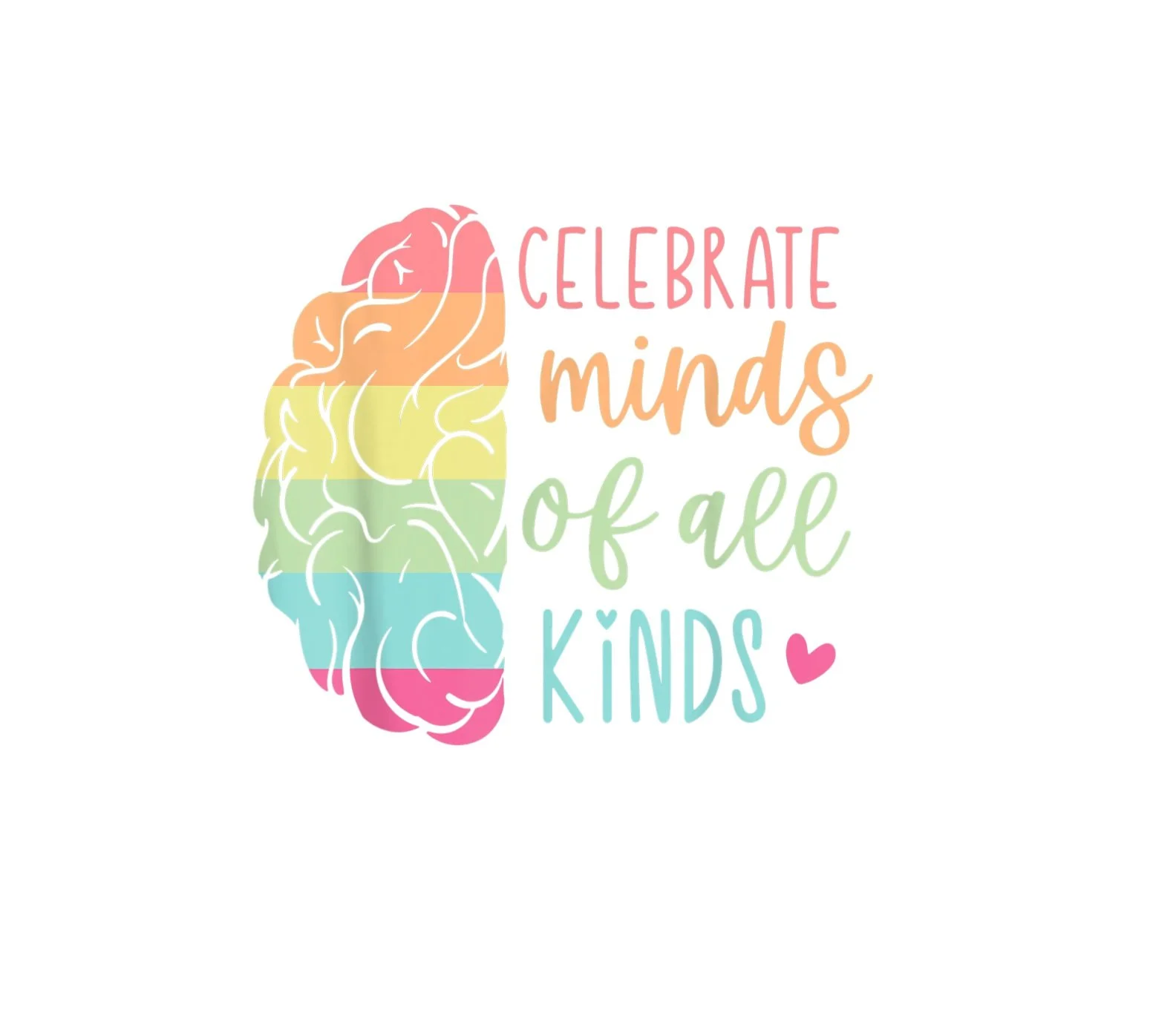Autism Assessments
An assessment for autism may be beneficial when a child struggles to interact with and or communicate with others effectively, has black and white/inflexible thinking patterns, sensory sensitivities, repetitive motor behaviours, and/or strong and unique interests. All children are unique, therefore all children with autism are unique too. Some children with autism may struggle with eye contact and appear more aloof and avoidant, whereas other children may be very social, but struggle with personal space and forming and sustaining friendships and relationships. Children and teens who experience these differences may benefit from an autism assessment to gain self-awareness and support in navigating our social world. An autism assessment includes a comprehensive evaluation of information gathered from parents and one-on-one testing sessions. Because autism is a neurodevelopmental disorder (difference), the evaluation will also include a comprehensive interview, tests of intelligence, behaviour, and adaptive functioning (daily living skills and activities). Individuals with a formal diagnosis of autism may be eligible for accommodations and supports at school, work, home, and the community.

